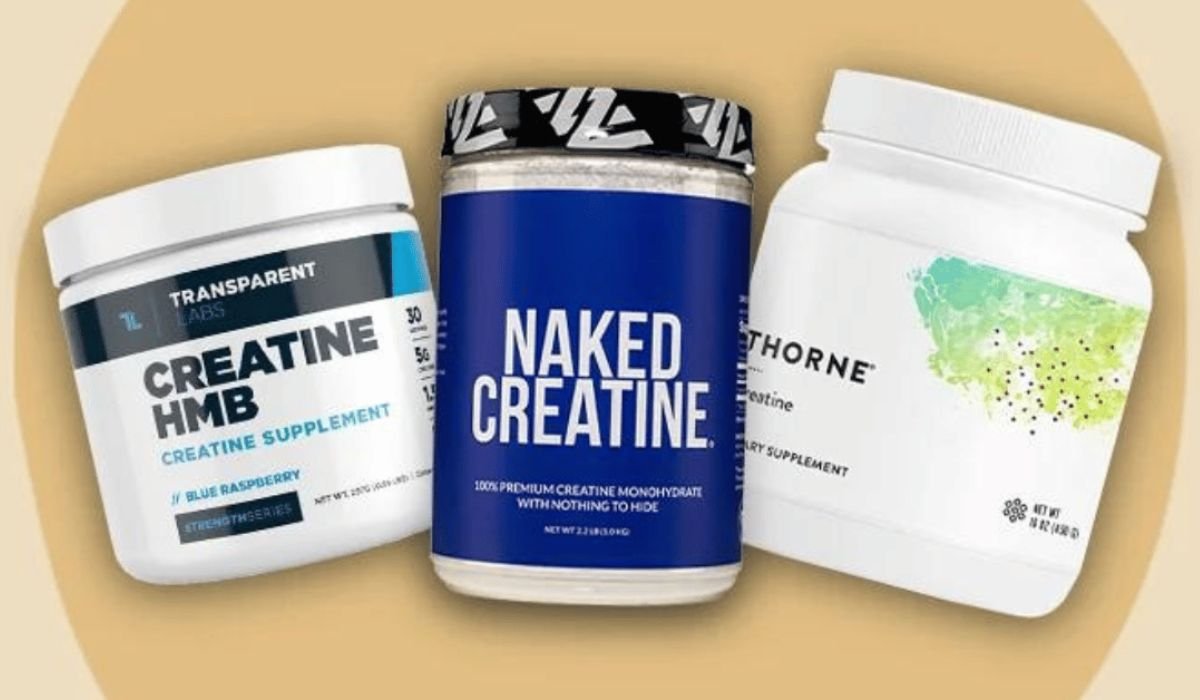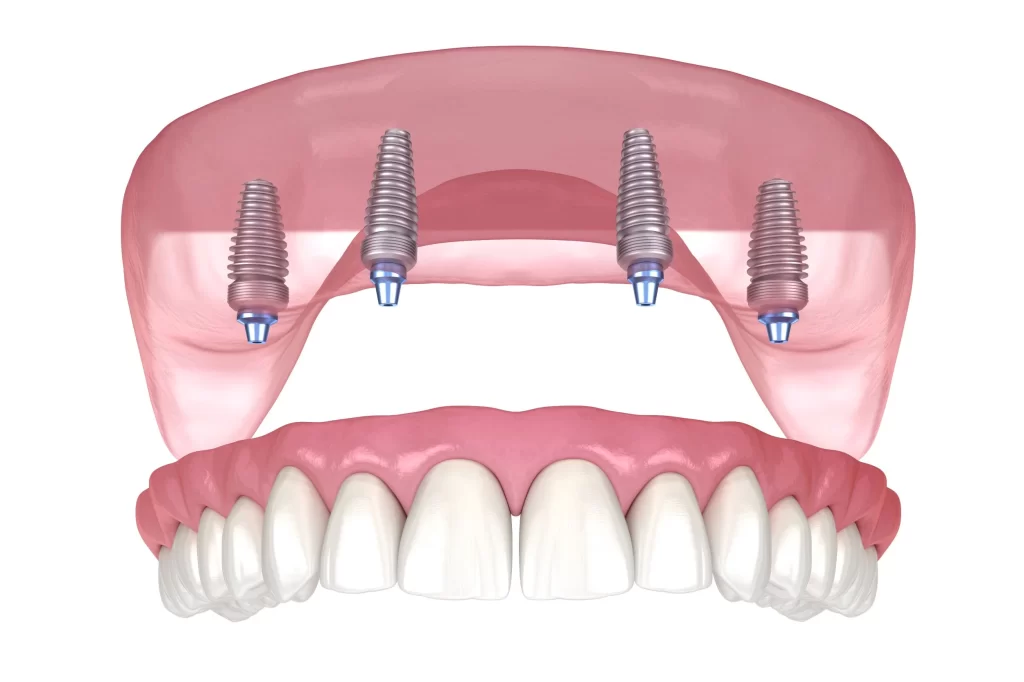It is important to understand the common myths and misconceptions about creatine. It is a naturally occurring compound needed for energy production in the form of ATP, muscle strength, and overall body function. The body produces creatine naturally in the liver and kidneys. It is also available in animal-based proteins like fish and meat sources.
Creatine, especially the best creatine monohydrate, has become quite popular amongst fitness enthusiasts and athletes for improved performance and muscle strength. Even with its widespread use and science-backed benefits, there are several misconceptions surrounding the science of creatine. You should understand these myths to ensure right decisions while buying the best creatine monohydrate supplements.
An Overview of Creatine
Creatine is a naturally occurring compound that has an important role to play with respect to energy production, especially muscle cells. It is primarily synthesised in the kidneys, liver, and pancreas from core amino acids: methionine, glycine, and arginine. Once created, creatine is transferred through the bloodstream to areas having high energy demands, like the brain and skeletal muscles.
It is believed that around 95 percent of the body’s creatine is stored in skeletal muscles in the form of phosphocreatine. The remaining 5 percent is distributed across organs like the brain, kidneys, and liver. Phosphocreatine is important for the creation of ATP (adenosine triphosphate), offering the energy needed for muscle contractions during high-intensity workout sessions.
Creatine can help improve phosphocreatine levels and replenishes ATP. This leads to better muscle endurance and overall workout performance. Therefore, the best creatine monohydrate supplements are quite popular among bodybuilders, athletes, and fitness enthusiasts.
Common Myths About Creatine
Creatine Damages Kidneys
When you consume this supplement within the recommended limits, creatine is considered healthy for people while causing no harm to kidney health. However, there have been some concerns quiet lately that stem from misunderstandings related to creatine’s byproduct, creatinine.
Our muscles use creatine to produce energy. If this energy is not used by muscles, the body converts excess creatine to creatinine. As the levels of creatinine increase naturally with the intake of creatine, it is usually mistaken for a sign of kidney stress. As a matter of fact, it is a normal aspect of creatine metabolism and is harmless to individuals with healthy kidneys.
Creatine can Cause Hair Loss
This idea is primarily due to a study in 2009 on a group of rugby players. This study revealed that creatine supplementation increased DHT or dihydrotestosterone levels by around 56 percent. As DHT is linked with hair loss in individuals with a genetic association to it, this has increased the overall concerns. However, this study did not directly analyse hair loss and had a smaller sample size.
Further research has failed to replicate these outcomes. Based on existing evidence, creatine is not associated with hair loss. However, individuals having a genetic predisposition to hair loss can consider consulting a healthcare professional before choosing creatine supplementation.
Creatine Causes Excess Water Retention
In some cases, creatine supplementation can lead to water retention. This happens when large doses are consumed, especially during the “loading phase.” This could imply taking around 20 grams per day for a shorter period, around 5-7 days. This is because creatine has a tendency to pull water into the muscle cells. This tends to increase extracellular water levels and intracellular water volumes, causing puffiness.
However, when you have creatine in smaller portions, a consistent dose of around 3-5 grams per day, there is no risk of water retention in the body. This is because the body adapts to the supplementation over time. Therefore, water retention becomes less noticeable. As a matter of fact, several studies report that the long-term use of creatine (over multiple weeks) will not affect total body water mass. Moreover, water retention primarily takes place within the muscles. This, in turn, helps with muscle growth.
The primary reason for water retention during creatine supplementation is often linked with the process of osmolality. Creatine serves as an osmotically active compound. This leads to increased water retention when creatinine is consumed by muscle cells. As the transport involves sodium, water is also taken up my muscles to ensure intracellular osmolality.
When you consume high-quality, best creatine monohydrate supplements in proper dosage (3-5 grams per day), there are fewer chances of such issues. Therefore, it is important to stick to a high-quality creatine supplement while avoiding unnecessary doses to avoid such issues.
Creatine can Cause Stomach Upset
It is not common to experience stomach upset due to creatine supplementation. It tends to affect only around 5-7 percent of the population, especially those who have an existing case of some gastrointestinal issue. Some of the common symptoms include diarrhoea, bloating, and abdominal cramps.
Usually, these symptoms are associated with higher doses of creatine, like during the “loading phase” (around 10-20 grams per day). The osmotic effect of unabsorbed creatine can pull water into the intestines and this causes bloating and diarrhoea. This especially occurs when you take the supplement on an empty stomach or without proper hydration. Moreover, poor-quality supplements with impurities can also aggravate these issues.
If you wish to minimise the overall risk of stomach distress, you should start with smaller doses (around 3-5 grams per day) and be hydrated throughout the day. You can also consider choosing high-quality, best creatine monohydrate supplements to minimise the chances of digestive discomfort.
Conclusion
There are several myths surrounding the concept of creatine supplementation. Still, there are several scientific reports that falsify these claims. You can understand the facts to choose the right creatine supplement and include the supplement properly into your regular routine.



